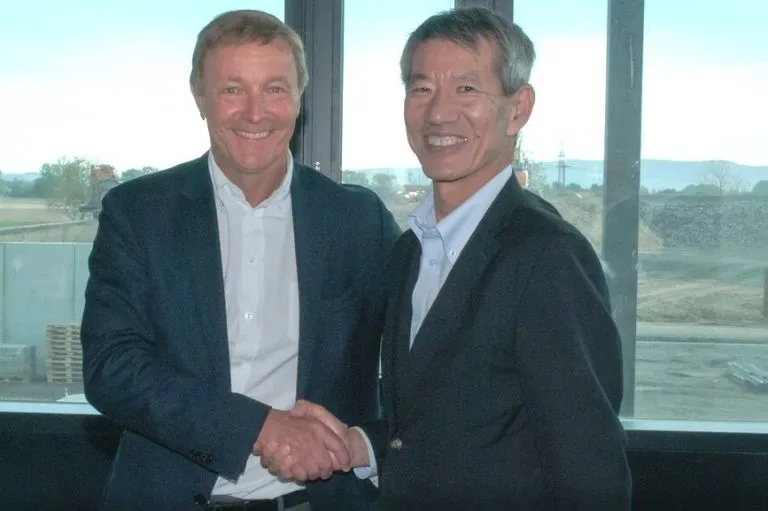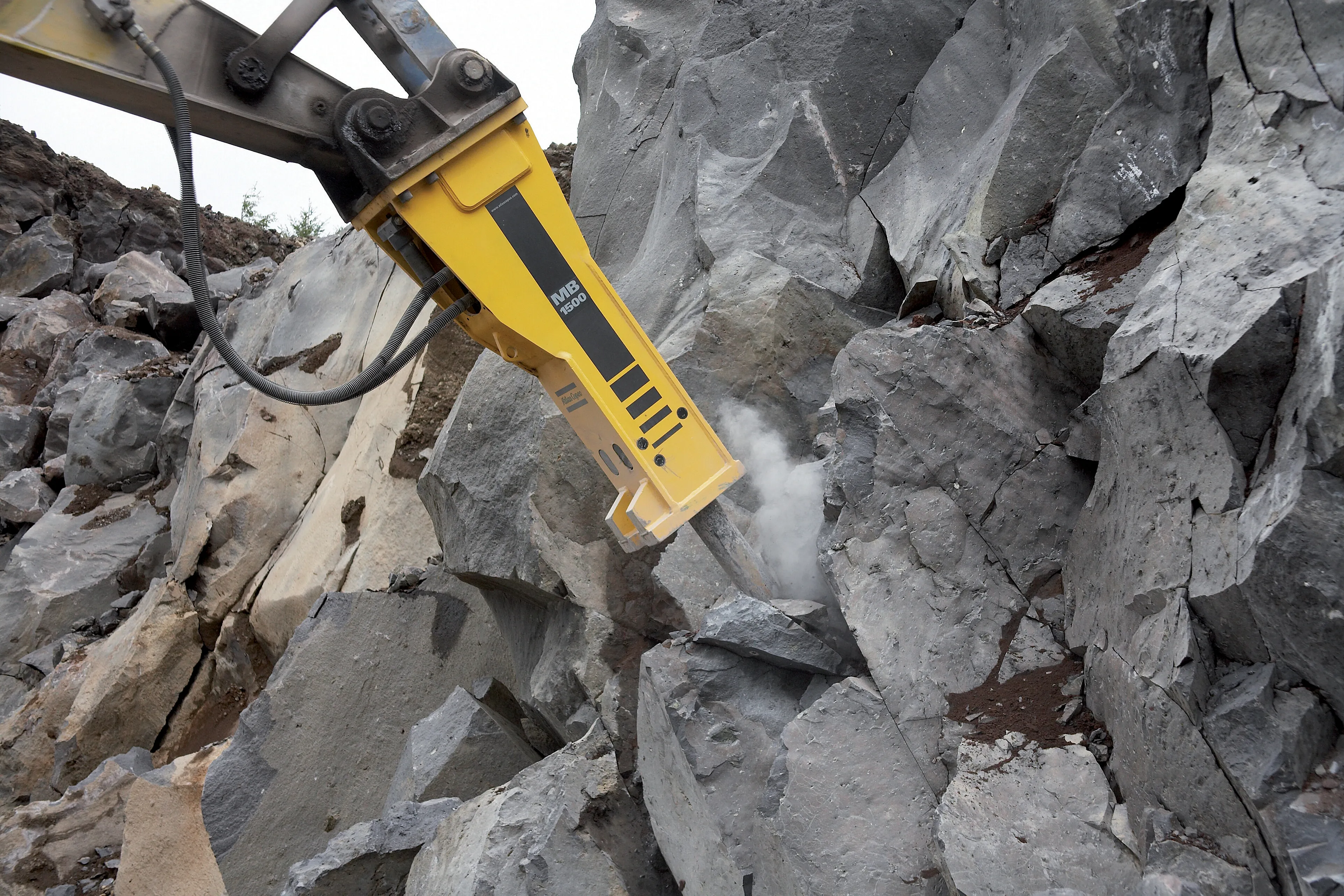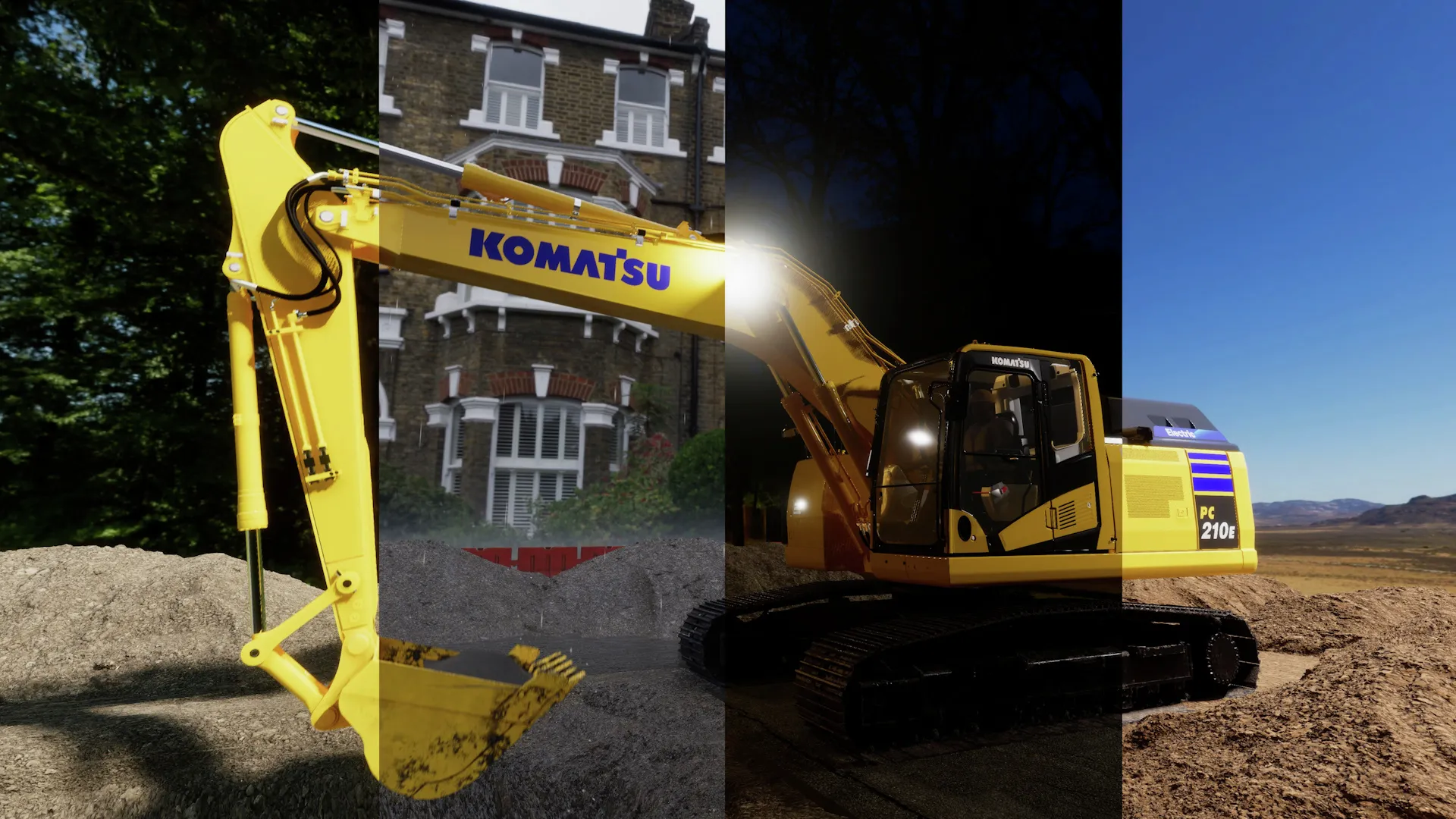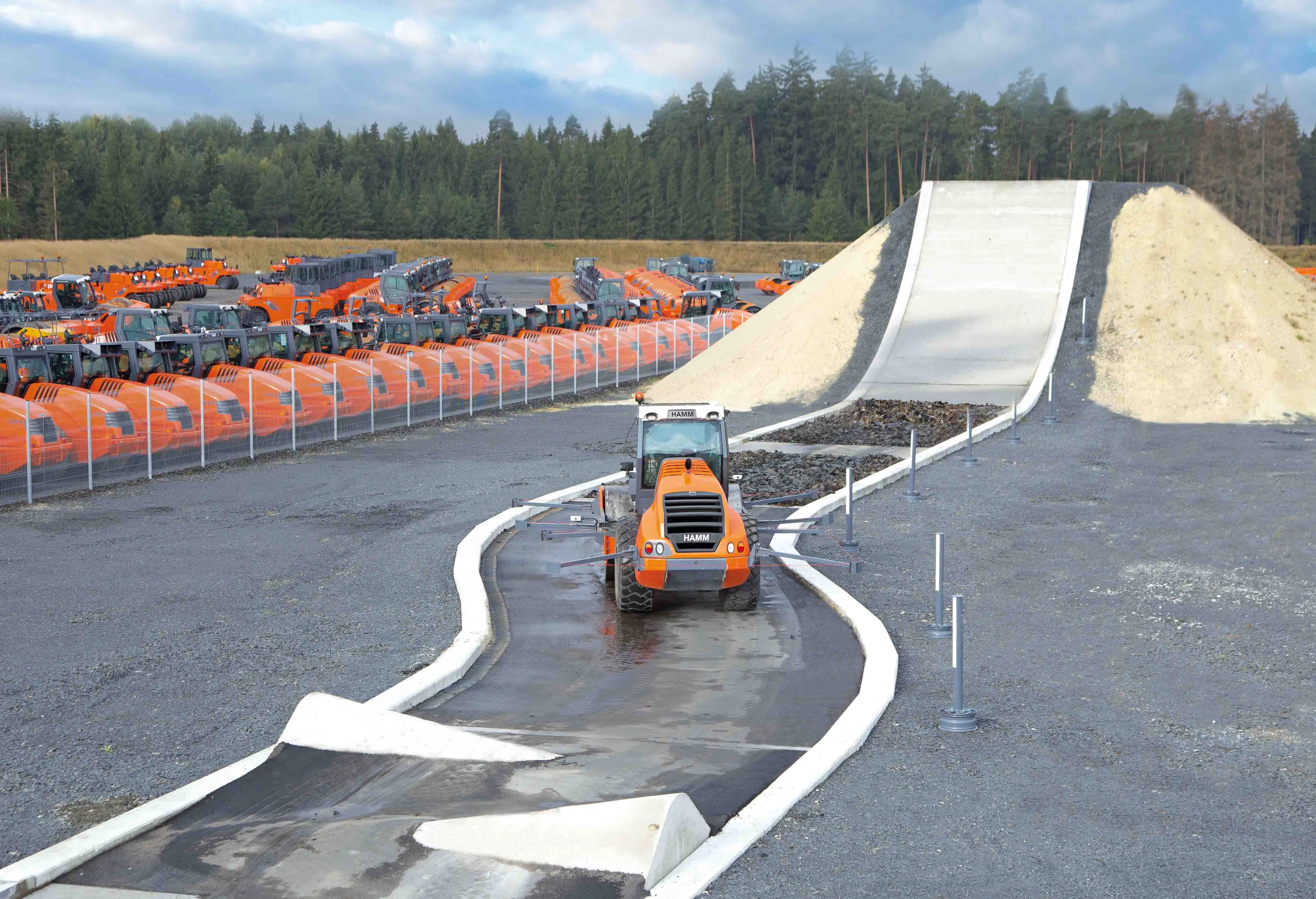
Hitachi Construction Machinery has previously developed electric construction machinery to help lower running costs and environmental impact. Previous electric machines from the company include small-medium sized electric excavators. So far the firm has supplied over 100 units, with the majority going to Japanese customers.
Hitachi has already supplied large electric hydraulic excavators to many mines, again with the machines powered by cables. In addition Hitachi Construction Machinery has been involved in the development of battery-powered electric excavators, starting with the ZX70B in 2006.
However the firm is looking to capitalise on the potential for electric machines in Europe. One of the important factors is that the European market has some of the strictest regulations in the world regarding global warming prevention and low carbon emissions. This means that there is a particularly strong potential for both electric automobiles and construction machinery. As KTEG has considerable in-house knowledge of electric construction machinery, it is a logical step that Hitachi will partner with the firm to develop models for the European market.
KTEG has already developed large demolition equipment and other special application products based on Hitachi’s hydraulic excavators.
With the establishment of this new company, the electric technology of Hitachi Construction Machinery and technical know-how of KTEG will be brought together to use components from current equipment, and develop electric construction machinery.
The new firm will be called EAC European Application Center and its head office will be located in Stockstadt am Rhein, Hessen, Germany. Hitachi Construction Machinery will hold a 49.9% stake in the business while KTEG will hold 50.1%.








